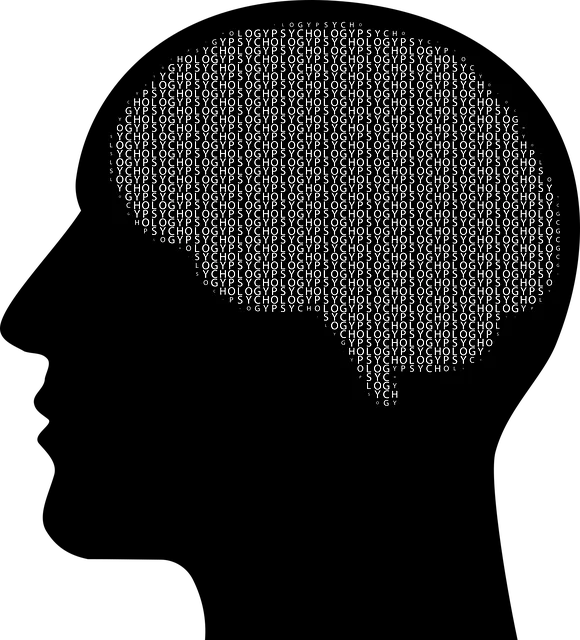Diagnosing mental illnesses accurately at Kaiser Permanente mental health locations Golden is a complex task due to symptoms' subjectivity, comorbidity, and cultural differences. Overcoming these challenges requires enhanced training for healthcare professionals, integrated trauma support services, and evidence-based practices tailored to individual patient needs. Initiatives like Mental Health Education Programs and reducing stigma aim to improve diagnostic accuracy and encourage individuals to seek help without judgment. By leveraging advanced assessment tools and techniques like Mindfulness Meditation, Kaiser Permanente aims to enhance diagnosis reliability and holistic mental wellness support.
Mental illness diagnosis accuracy is a critical aspect of patient care at Kaiser Permanente mental health locations Golden. This article explores current challenges and common pitfalls, such as subjective assessments and limited resources, that contribute to diagnostic inaccuracies. We delve into innovative strategies like advanced assessment tools, evidence-based practices, and technology integration (e.g., digital mental health assessments) to enhance accuracy. Additionally, best practices and future directions are discussed, emphasizing continuous quality enhancement through research, collaboration, patient education, and community outreach.
- Assessing the Current State: Challenges in Mental Illness Diagnosis at Kaiser Permanente Mental Health Locations Golden
- – Discussing common pitfalls and factors contributing to diagnostic inaccuracies
- – Highlighting the impact on patient care and outcomes
Assessing the Current State: Challenges in Mental Illness Diagnosis at Kaiser Permanente Mental Health Locations Golden

At Kaiser Permanente mental health locations Golden, assessing the current state of diagnosis accuracy presents a complex landscape. One significant challenge lies in the diverse nature of mental illnesses, which often overlap and coexist, making differential diagnosis intricate. Healthcare providers must navigate this labyrinthine spectrum to pinpoint the primary disorder affecting each patient. Additionally, cultural sensitivity in mental healthcare practice plays a pivotal role, as many individuals from diverse backgrounds may exhibit unique presentations and expectations regarding treatment, further complicating diagnosis.
Trauma support services are another crucial aspect that demands attention. Many patients arrive with unaddressed traumatic experiences, which can manifest as symptoms similar to those of various mental illnesses. Integrating social skills training into the diagnostic process helps assess whether these symptoms stem from past traumas or actual mental health disorders. Addressing these challenges requires a multifaceted approach, encompassing enhanced training for healthcare professionals and the implementation of evidence-based practices tailored to individual patient needs.
– Discussing common pitfalls and factors contributing to diagnostic inaccuracies

Diagnosing mental illnesses accurately can be a complex task due to several common pitfalls and contributing factors. One significant challenge is the subjective nature of many symptoms, which can vary widely among individuals. This subjectivity often leads to inconsistencies in diagnosis across different healthcare providers or settings, such as Kaiser Permanente mental health locations Golden. Additionally, comorbidity—when multiple disorders occur simultaneously—can complicate diagnostic processes, as some symptoms may overlap between conditions.
Another factor is the impact of stigma surrounding mental illness, which can create barriers to accurate assessment and diagnosis. Mental Health Education Programs designed to enhance provider knowledge and skills, along with Burnout Prevention Strategies, aim to address these issues by fostering a more understanding and supportive environment. Efforts focused on Mental Illness Stigma Reduction are crucial in encouraging individuals to seek help without fear of judgment, ultimately improving diagnostic accuracy.
– Highlighting the impact on patient care and outcomes

Accurately diagnosing mental illnesses is paramount for patient care and outcomes at Kaiser Permanente mental health locations Golden. Misdiagnosis can lead to inappropriate treatment plans, hindering progress and potentially causing adverse effects. By implementing advanced assessment tools and training healthcare professionals in innovative techniques like Mindfulness Meditation and Stress Management, the organization aims to enhance diagnostic accuracy.
These efforts are crucial for fostering Mental Wellness among patients. Accurate diagnoses enable tailored interventions that address specific conditions effectively. Incorporating practices such as Mindfulness Meditation can complement traditional treatments, promoting a holistic approach to mental health care. This comprehensive strategy ensures that patients in Golden receive the best possible support for their Mental Wellness journeys.
Accurately diagnosing mental illness is paramount for effective treatment and improved patient outcomes, especially at healthcare institutions like Kaiser Permanente mental health locations Golden. By understanding and addressing the current challenges, including bias, limited resources, and lack of specialized training, we can enhance diagnostic accuracy. Continued efforts to refine assessment tools, promote cultural competency, and invest in professional development are crucial steps towards ensuring that individuals receiving care at Kaiser Permanente mental health locations Golden receive precise diagnoses and tailored treatment plans.






